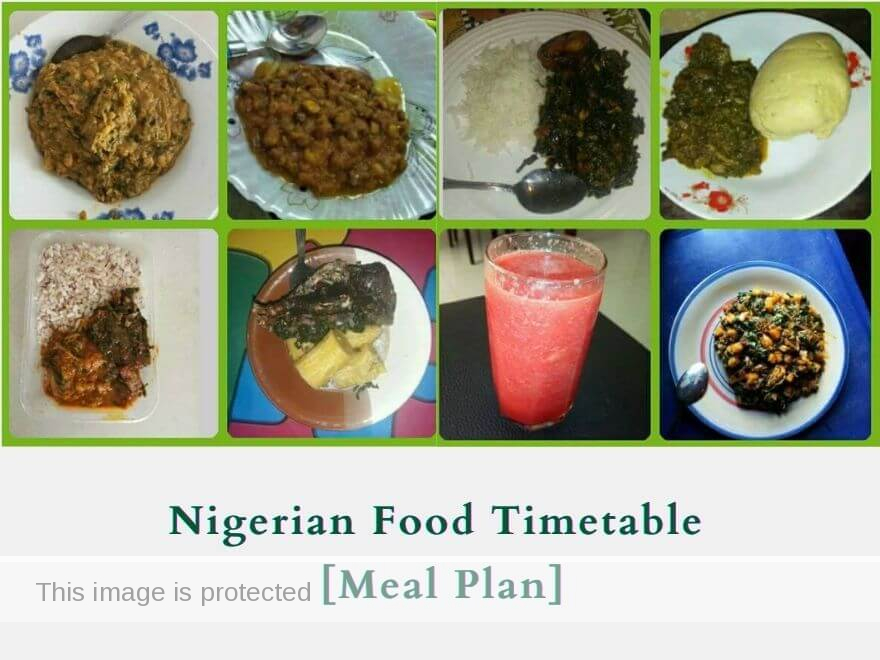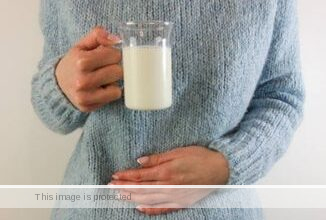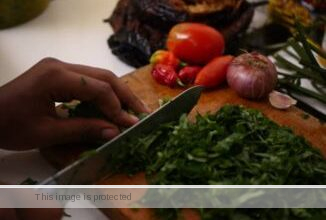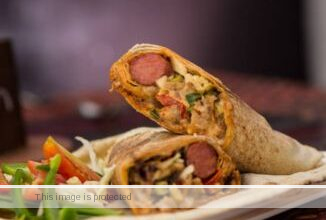21 Nigerian Protein Foods List (Examples and Best Sources)
Do you want to know the list of Nigerian protein foods, examples, timetable, best sources, fruits, and types for weight loss and gain?
If YES, then this is the only post to read today.
Nigerian protein foods are significant in our everyday lives.
Many people have various ideas on the role of lipids, carbohydrates, and other types of foods in our everyday diets; however, protein is undeniably important.
Proteins are a crucial part of all the six food groups, and Nigerian foods are typically high in calories but low in protein.
Also, proteins, frequently known as building foods, are essential for growth, enzymes, hormones, and other body elements production.
Hence, in this guide, we will share protein foods that are good for your body, and you should consume regularly in Nigeria.
Sources of Protein
These two sources of proteins are important in the building of bones, muscles, cartilage, skin, and blood.
- Animal Protein
- Plant Protein
People who desire to be muscular, pregnant or nursing women, and the elderly might need extra protein.
List of Nigerian Protein Foods
Here is the list of protein foods in Nigeria:
1. Okra
Okras are healthy and low in calories.
They likewise have a considerable amount of protein when compared to most vegetables.
2. Wara
Local Wara is milk curds made by adding a coagulant to fresh milk.
Some say the taste is like that of boiled egg whites, while other people say it has a bland taste.
It comprises a considerable quantity of quality protein.
The protein content in wara is between 10-12% of its calories, primarily relying on the grade of milk and coagulant used in producing it.
100g of Wara has around 76 calories and 8g of protein.
3. Beans
All the varieties of beans, including their bi-products which include Akara, Gbegiri, and Moi-moi are all protein and fiber filled.
You may select any form or kind of bean you like and get at least 20% of your required everyday protein in a 1-cup serving.
With beans, it truly is achievable to attain your recommended quantity of day-to-day protein without eating meat.
4. Ewedu
Ewedu is one of the Nigerian protein foods and one of the rare vegetables with a credible quantity of protein.
Particularly when eaten with Gbegiri.
Gbegiri is made from beans and can also be called bean soup.
5. Fresh Fish or Dry Fish
Fish is not only delicious, but is also filled with an assortment of nutrients.
These nutrients include vitamin B12, selenium, magnesium, potassium, and so much more.
It is likewise rich in protein content, though the protein content really differs depending on the fish.
6. Egg
Eggs are a part of the great nutritional and high-grade protein origins available.
Since they comprise all the amino acids.
35% of the calories present in an egg are protein.
This means, for instance, that 1 large egg has 6 grams of protein in it.
It is crucial to understand that the egg yolk comprises most of the vitamins, minerals, and antioxidants present in an egg.
Egg whites comprise at least 60% of the protein.
7. Crayfish
Crayfish is yet another seafood animal loaded with protein and other vital nutrients.
They are also one of the most reasonable ways to put in both protein and flavor to your meals at the same time.
8. Snail
Snails are an inadequate calorie source of protein.
Actually, it’s a warehouse of vital nutrients, which includes iron, omega-3, selenium, vitamin B12, and many more.
At just 90 calories, a 100-gram of snail serving delivers 16.5 grams of protein.
9. Almonds
Almonds are among nuts with an opulent quantity of protein.
They are not just protein filled, but are likewise laden with other important nutrients like manganese, fiber, vitamin E, and magnesium.
The content of protein in almonds is 13% of its calories.
Therefore, an ounce which is 28 g of Almond, including 161 calories, comprises 6 grams of protein.
10. Tofu
Tofu, which is also referred to as Soya wara or beske, looks a lot like Wara.
However, it is produced from soybeans rather than milk.
It’s nutrient-filled and likewise contains a considerable quantity of quality protein.
100g of tofu serving contains around 70 calories, 8g of protein, and many other adequate nutrients.
11. Chicken Breast
Chicken breast is a part of the extensively famous go-to sources of protein, and this is not without reason.
After research, you will find out that most of the calories in the chicken breast are an undiluted protein which is about 80% of it.
Grilled chicken breast without the skin, which comprises only 284 calories, has 53 grams of protein.
12. Beef
Beef is among the most mouthwatering-tasting proteinous edibles mentioned on this list.
It is likewise laden in the nutrient unit.
The leaner the beef, the more its protein content.
Cooked 3-ounce 85 g beef with 10% fat contains 22 grams of protein plus 184 calories.
This brings the protein content to 53% of the whole calories.
13. Sardine
Sardine is not merely a convenient rich protein origin but furthermore a tremendous source of natural calcium.
A can of 92 grams of sardine has approximately 23 grams of readily absorbable protein and is a host of other beneficial nutrients, which include vitamin D and B12.
14. Turkey Breast
Turkey breast, precisely like chicken breast, is a delicious, low-fat, and high-protein meat source.
It’s also a residence of some vital vitamins and minerals.
Approximately 70% of the calories in turkey breast are protein.
Three ounces, which are 85 grams of roasted skin-removed turkey breast, hold approximately 24 grams of protein and approximately 115 calories.
15. Groundnut / Peanuts / Peanut Butter
Groundnut, which is also called peanut, is a tasty nut with tons of nutrients, which includes high protein and fiber.
One ounce is 28 grams of nuts plus 159 calories, containing 7 grams of protein.
Since peanut butter is produced from groundnut, it’s furthermore high in protein, and considered as one of the Nigerian protein foods.
However, be sure you select organic peanut butter with no added sugar.
16. Millet
Millet is an age-old nutritional plant that likewise has high protein content.
It is a famous Nigerian protein food.
17. Locust Beans
Locust beans, which are also called Dawa Dawa Or Iru or Ogiri, are another rich in protein food with some superb health advantages.
Protein takes approximately 6.5% of its calories.
You could effortlessly spice up and, at the exact time, boost the protein significance of your soup by adding locust beans.
18. Oats
Oats are one of the healthiest grains you can ever get.
It is not simply full of important nutrients, which include magnesium, fiber, manganese, but furthermore comprises a considerable amount of protein.
1/2 a cup of raw oats with 303 calories contains 13 grams of protein.
19. Quinoa
Quinoa is among the oldest and vastly famous superfoods.
The age-old grain or seed is rich in protein, fiber, and additional important vitamins and minerals.
A cup which is 185 g of cooked quinoa plus 222 calories gives 8 grams of protein.
20. Pumpkin Seeds
Pumpkin seeds are natural sources of many extraordinary nutrients, which include zinc, protein, iron, and magnesium, among many others.
Protein makes up 14% of calories in the pumpkin seed.
For an ounce which is 28g of pumpkin seed, plus 125 calories, the protein content in it is 5 grams.
21. Egusi or Melon Seed
Egusi is a protein-filled seed with an abundance of health advantages.
Protein makes up approximately 12% of the calorie content of the melon seed.
Conclusion
Nigerian protein foods are an important part of our day-to-day diet and are extremely necessary for body development.
It is crucial to note the components of our meals and include some protein.
READ ⇒ Nigerian Food Timetable for Ulcer Patient (Get Free Meal Plan)






